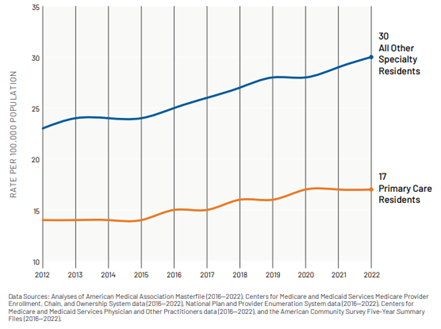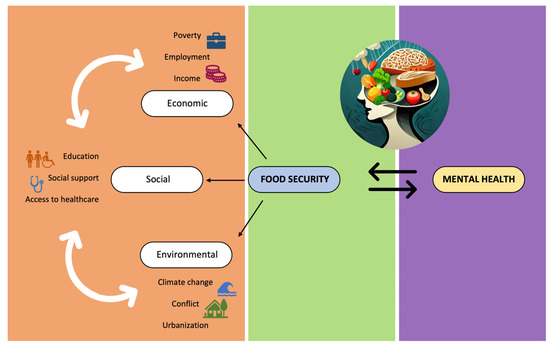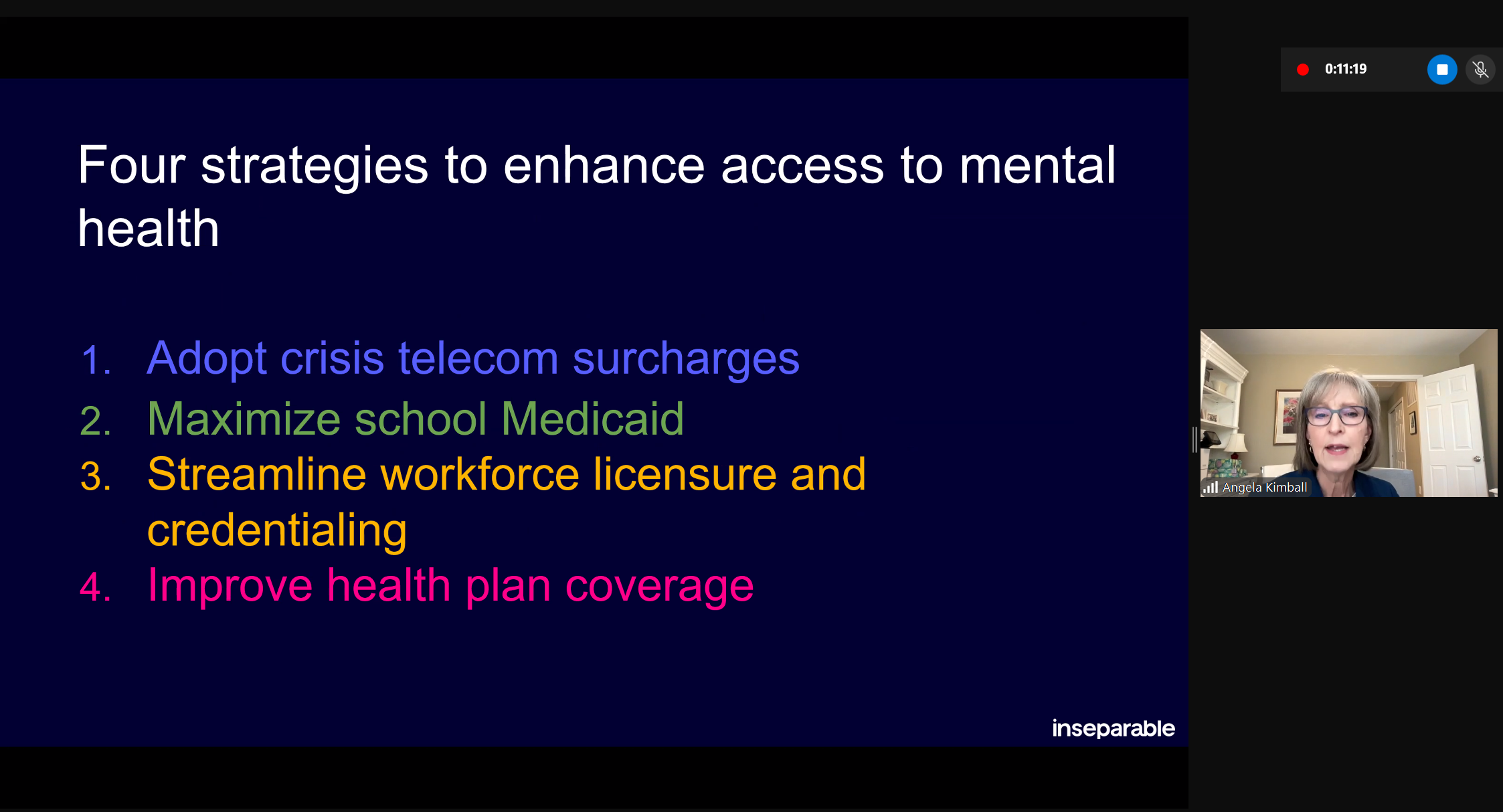Governors are at the forefront of efforts to curb the opioid epidemic and related challenges, including increased transmission of human immunodeficiency virus (HIV), hepatitis C virus (HCV) and other blood-borne infections related to injection drug use. Injection drug use has fueled an alarming increase in HCV since 2010, and outbreaks of HIV in communities such as Scott County, Indiana, are vivid examples of how these deadly and expensive-to-treat infections can threaten areas hard hit by the opioid epidemic.
To help governors address this public health challenge, the NGA Solutions: Center for Best Practices Health team (NGA Health) partnered with the Centers for Disease Control and Prevention and ChangeLab Solutions to share best and promising practices from Kentucky, the first southern state to authorize comprehensive harm reduction programs offering syringe exchange. In 2018, NGA Health worked with cross-disciplinary teams from seven states – Alabama, Arkansas, Delaware, Michigan, Utah, Virginia and Washington – to build on lessons learned from Kentucky in developing strategic plans to address the infectious disease consequences of the opioid crisis.
Two NGA Health publications present insights from this work that can inform other governors’ efforts to prevent infectious disease outbreaks among people who inject opioids and other illicit drugs.
Download Addressing the Rise of Infectious Disease Related to Injection Drug Use: Lessons Learned from Kentucky












